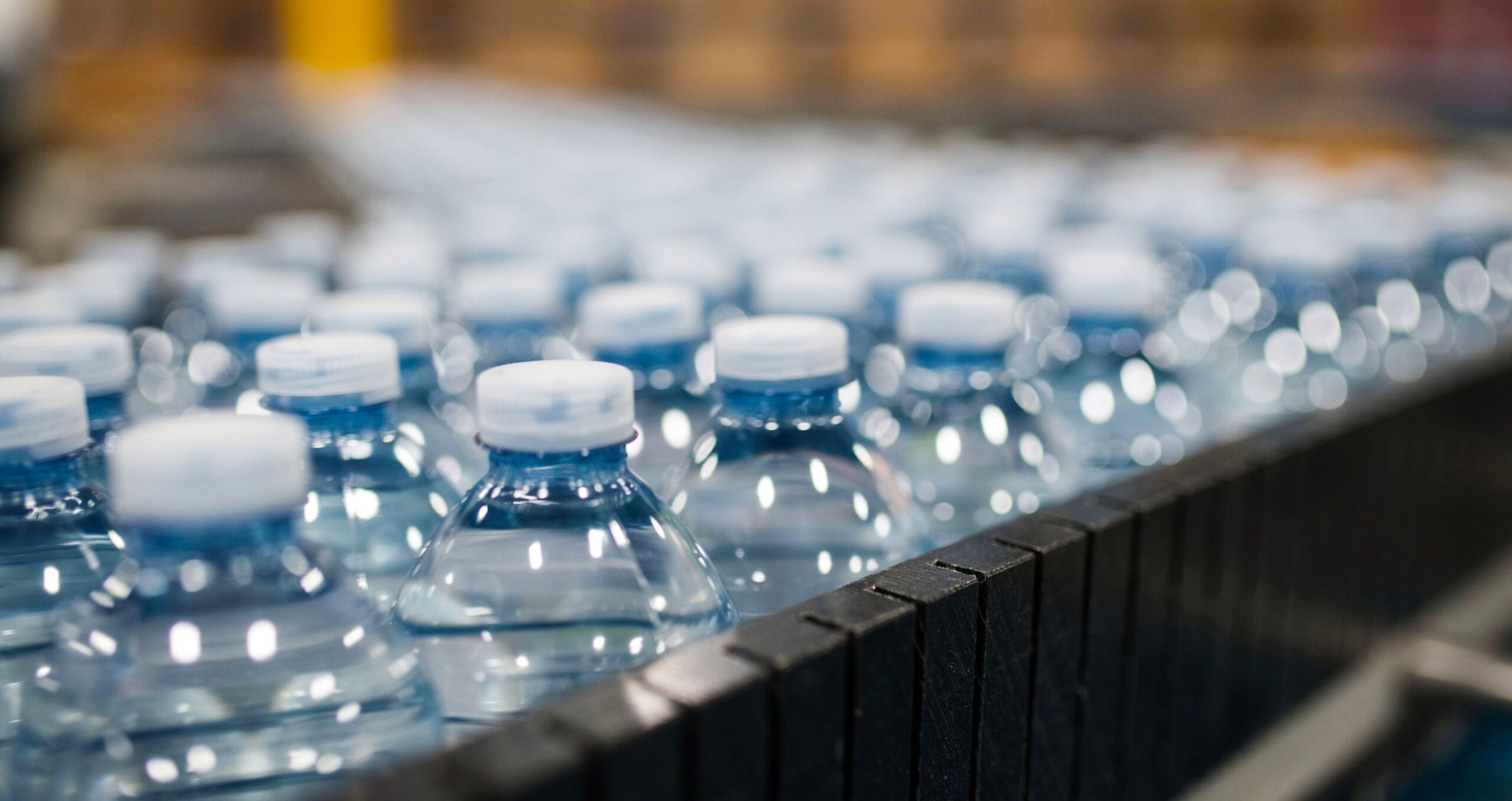
Food companies’ ‘deplastification’ efforts too slow, say NGOs

A new report on the environmental footprint of nine French corporations says despite having green strategies in place, single-use plastic is a persistent issue
French food and beverage companies are more aware of the risks associated with an over-reliance on plastics, but are not taking appropriate action to counter the problem, according to a report by Surfrider Europe and Zero Waste France. The non-profits measured the progress of nine consumer groups targeted by ClientEarth last year.
The companies under scrutiny are Nestlé France, Danone, McDonald’s France, Carrefour, Groupe Casino, Les Mousquetaires, Auchan, Lactalis and Picard. All have received legal warnings from ClientEarth in the past, but only Danone was directly sued earlier this year.
In its lawsuit against Danone, ClientEarth relied on France’s Corporate Duty of Vigilance Law, which requires large companies to publish a yearly vigilance plan that includes social and environmental due diligence measures taken across the supply chain.
The latest report analyses each company as if it were an Olympic swimmer competing in a race towards deplastification, it says, with the elimination of single-use plastics as a main objective.
The findings suggest that a shift in mindset might be taking place, as the targeted corporations are acknowledging their need to “deplastify”, but that their current corporate strategies fall short of what is needed.
None of companies has published a clear trajectory to transition away from single-use plastics, the report’s authors note, adding that most of them continue to focus on recycling strategies instead.
They urge the companies to understand the French vigilance plan, measure their plastic footprint, implement a strategy and provide a timeline.
The report also highlights Nestlé France and McDonald’s France for not publishing a vigilance plan. Sustainable Views has contacted the companies for comment. Nestlé France says its vigilance plan based on 2022 data will be released in December, while an earlier is available on its website.
Plastics is an increasingly hot topic, and regulation in the sector is rising. From October 1, a ban has come into effect in England that prohibits the sale of single-use plastic cutlery and plates – similar to previous legislation banning single-use straws.
In the EU, the European Commission recently passed a law targeting companies’ use of microplastics in goods, while the UN is currently also negotiating an international treaty on plastics that is set to be finalised at the end of next year.
You can access the full report here.
This article was amended after publication to include Nestlé France’s response.
Similar Articles

Finance professionals have ‘increasing’ interest in sustainable finance education

Company boards should target climate impact not just mitigate risk, report urges


